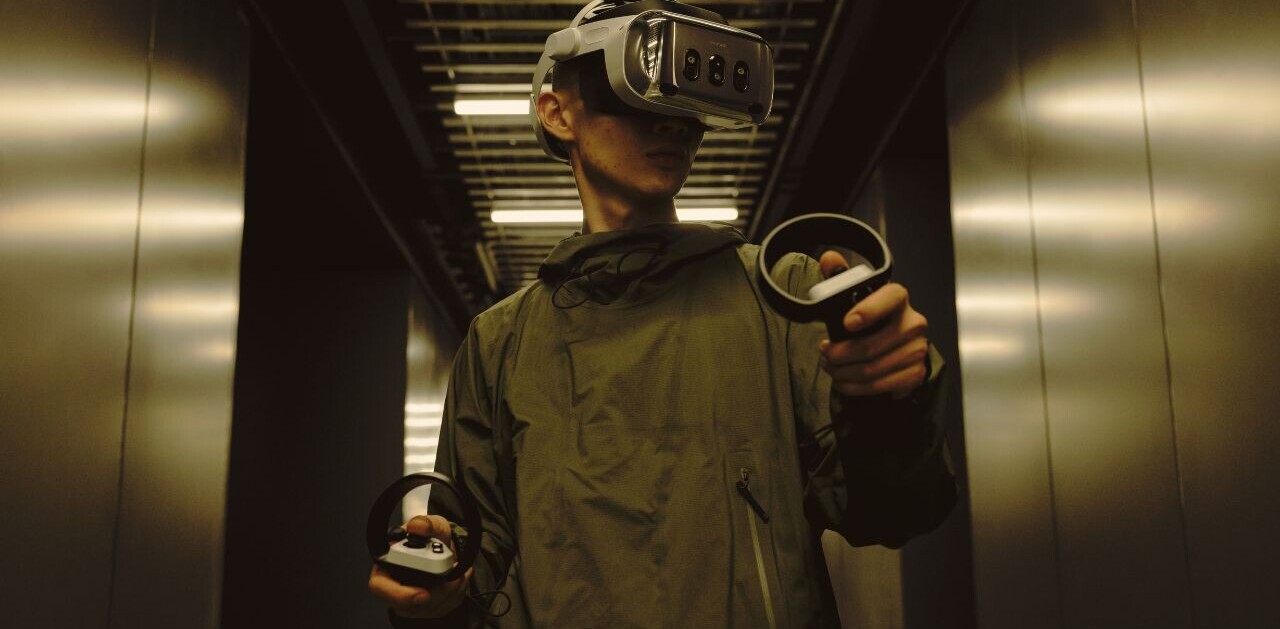
Apple’s iPhone 4S launch in China may have been in successful in terms of sales, as the device sold out in the country, but it might cost the company in the short term as China’s lucrative New Year sales period approach.
Chinese New Year begins this weekend and it’s a period that generated more than $64 billion in retail sales last year. With Apple waylaid with no new stock, bar its older iPhone devices, the door is open for Samsung and others to take advantage, according to a Business Week report.
The article cites David Wolf, CEO of China-based consulting firm Wolf Group Asia, who explains that as “a large portion of Chinese New Year sales are about having the gifts in hand right now, Android devices competitive with the iPhone will benefit.”
That view is reinforced by Wang Ying, a researcher at Analysys International, who calls New Year “the most important period for sales promotions in China”, adding that the lack of iPhone 4S devices will give competitors an advantage.
While such an oversight may seem strange on Apple’s part, it isn’t just the approach to Chinese New Year that the firm may wish to consider re-evaluating. Though the clamour to queue for the sale of new devices gains it massive coverage, Duncan Clark, chairman of advisory firm BDA China, tells Business Week that a negative side that may impact Apple.
Now events in China have crossed the line from scarcity to just downright scary, both for Apple and the government.
The growth of scalpers at Apple events in China — and there was an army of orange-hatted scalpers at the iPhone 4S launch — are causing problems. Not only are things getting chaotic because of them, their reaction to the delay of devices at Beijing’s Sanlitun store led to Apple cancelling the launch, but they are buying up large amounts of devices, which they then sell above market price when devices sell out, as is now the case.
Indeed, Business Week cites an example of a young student who is put off buying an iPhone by the possibility of buying a fake devices from an unofficial seller for an inflated price. Her options include the purchase of a Samsung, or other device, or trying to source an iPhone 4S from Hong Kong.
During its launch in Hong Kong, Apple limited customers to buying a maximum of 10 devices. Now that’s quite a number, it’s more than accommodating for the average customer whilst still encouraging scalper involvement, the vast majority of who headed to over the border to China to sell the phone.
Apple is already getting tough with its operations partners in China, having commissioned 229 audits last year and addressed environmental issues, and it would appear that there is scope for it to look at the distribution and other aspects of its work in China too.
Get the TNW newsletter
Get the most important tech news in your inbox each week.





